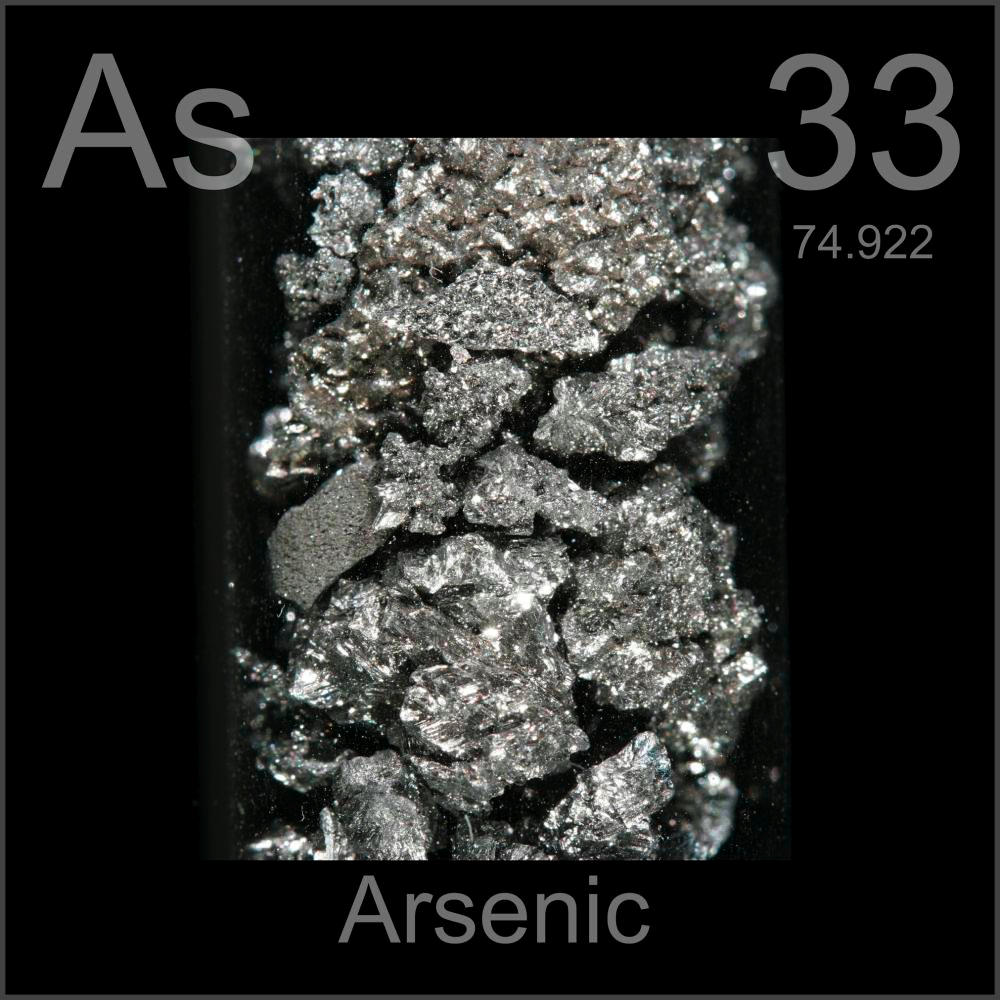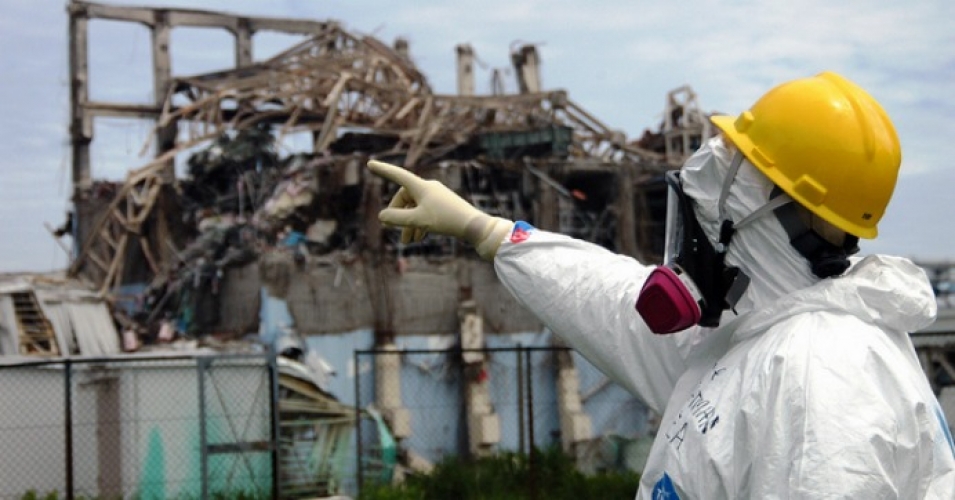The public cost of cleaning up the 2011 Fukushima Daiichi nuclear plant disaster topped ¥4.2 trillion (roughly $628 billion) as of March, and is expected to keep…

Groundwater

The makeup of hydraulic fracturing fluid – the slurry of chemicals, sand and water injected deep underground to free petroleum deposits trapped by bedrock – is a…

The drought in the eastern Mediterranean is easily the worst in half a millennium, and perhaps for nearly twice as long, scientists find. The drought…

By now, the impacts of California’s unchecked groundwater pumping are well-known: the dropping water levels, dried-up wells and slowly sinking farmland in parts of the…

Geologist Qusheng Jin had “a wild hypothesis” in 2008 that a bacterial process was at work in an arsenic-contaminated aquifer in Oregon’s southern Willamette Valley.…
